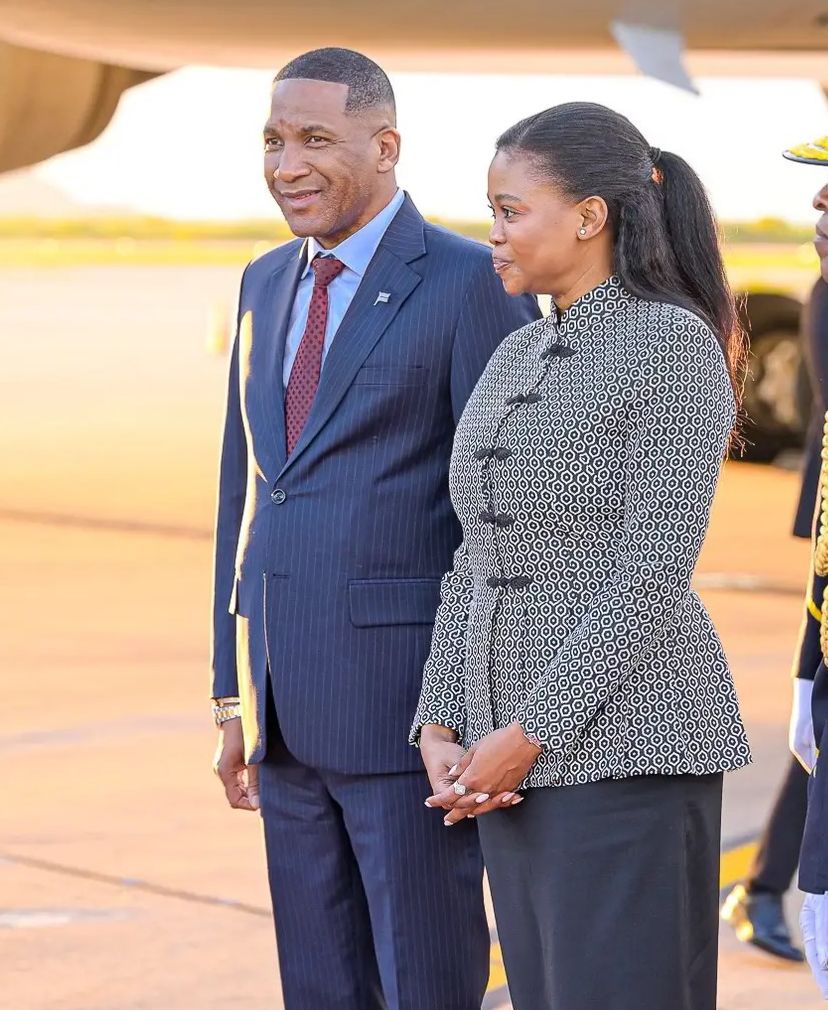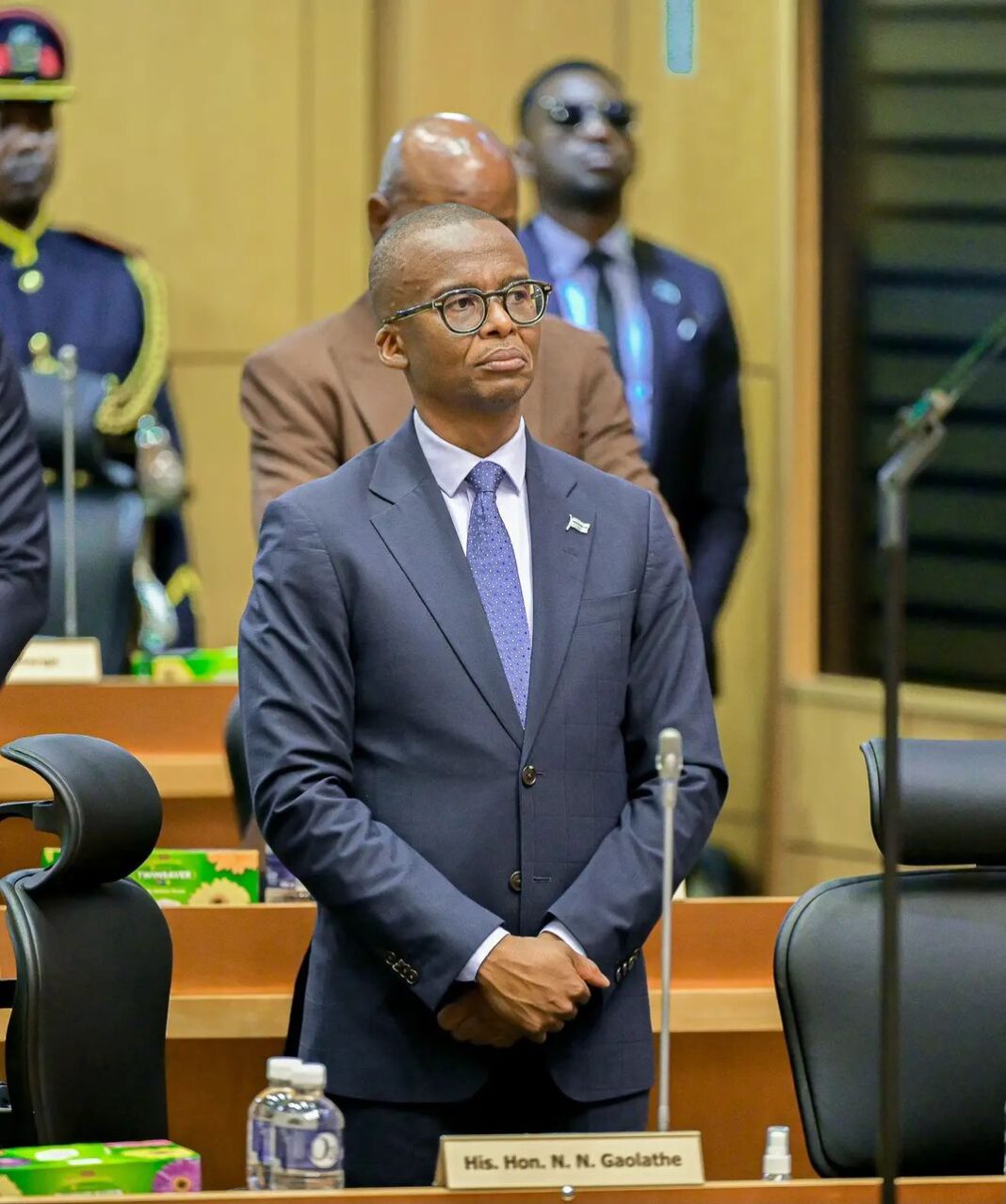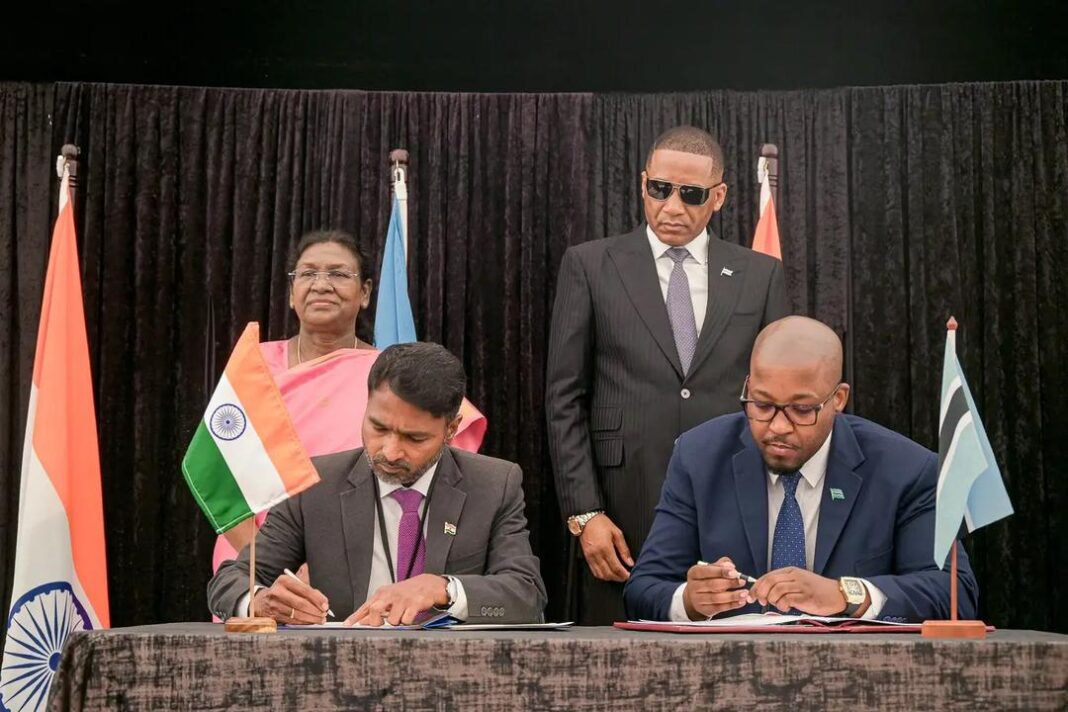In the most ambitious move yet to redefine Botswana as a regional financial and commodities hub, the President has spotlighted the imminent launch of the Botswana Mercantile Exchange (BMX). Declared a “historic milestone” and a “transformative initiative,” the BMX is expected to be fully operational by March 2026 under the stewardship of the Botswana Stock Exchange. This is far more than a local trading platform; it is designed to establish Botswana as a central “regional hub for Southern Africa’s commodities,” ensuring that the African continent extracts the maximum benefit from its natural resources.
The President detailed the extensive scope of the Exchange, which will handle both soft commodities—such as beef, wheat, sorghum from the critically important agriculture sector—and hard commodities—including oil, gold, copper, and even diamonds. This comprehensive approach ensures that local producers, ranging from large-scale mining operations to small communal farmers, gain unprecedented access to global markets. The fundamental principle of the BMX is to ensure that a farmer can list their product to be traded with anyone, anywhere in the world, securing “immediate value to the farmer, at prices comparable internationally.” This mechanism, which the government refers to as achieving “international commodity” status for local goods, will radically increase transparency and efficiency in pricing and trade, directly combating decades of localised price gauging and unlocking enormous economic potential. The BMX, therefore, stands as the flagship project for achieving Botswana’s long-term economic diversification goals, providing a structural backbone for wealth generation that moves beyond traditional revenue streams.
Secondary Focus: The Strategic Mineral Triad
Supporting the rise of the BMX and aligning the nation with the global energy transition is the rapid diversification into strategic minerals. President Boko emphasised the immediate, tangible investments in this emerging sector. As part of a major beneficiation push, the government is committing approximately P1.4 billion to finance the construction of a plant in Palapye. This facility is set to be Southern Africa’s first integrated plant for the production of critical mining chemicals—essential inputs for the battery minerals sector. Its location is deliberately strategic, providing direct rail access to Sowa Town, the source of soda ash, and onward connections to regional markets. This investment is backed by significant progress across key mineral projects:
Manganese: The K. Hill Battery-Grade Manganese Project in Kanye is a leader in this charge, having secured regulatory licenses and positioning Botswana to supply high-purity manganese crucial for electric vehicle batteries to global supply chains.
Uranium: The Letlhakane Uranium Project is advancing its substantial P6.2 billion mine plan, targeting 3 million pounds of uranium annually through ongoing infill drilling.
Iron Ore: Projects like the Ngamiland Iron Ore Project are critical components in the drive toward green steel production, signalling a necessary shift toward industrial minerals and local value addition beyond historical reliance.
Tertiary Focus: Diamond Control and Marketing
While diamonds represent a declining percentage of future GDP, the government is aggressively restructuring its relationship with this legacy resource to maximise control and profitability in the interim. President Boko confirmed that concrete steps are underway towards the acquisition of AngloAmerican’s shares in De Beers. This move seeks to “leverage a majority stake to align the industry with Botswana’s national development goal of economic diversification through beneficiation” and assert greater national control. This follows new agreements with De Beers, which extend mining licences to 2054 and grant the Okavango Diamond Company (ODC) a significantly increased portion of Debswana diamonds, starting at 30% and rising to 50%. The ODC has already announced its readiness to undertake contract sales as of this month. Acknowledging global market volatility, the government is also investing in strategic marketing initiatives in partnership with De Beers, including the “Desert diamonds” campaign in the US, and has become a founding signatory of the Luanda Accord to collectively boost global consumer demand for natural diamonds.



